
Renewable energy is necessary says 4 in 5 Singaporeans
A recent GE Energy poll reveals that global warming and pollution are top environmental concerns.
‘Global warming’ followed by 'air pollution' and ‘water pollution’ are Singaporeans' top environmental concerns judging by a mood sampling poll commissioned by GE Energy recently. The poll, which randomly surveyed 350+ adults representing a cross section of society, named these three in a list which also included flora and fauna extinction, noise pollution and excessive use of non-biodegradable products.
Interestingly, respondents showed strong understanding of the causes of air pollution, accurately naming the burning of fossil fuels for power generation as one of the top three causes of air pollution. The survey also revealed that more than 4 in 5 Singaporeans believed that renewable energy (RE) would be necessary if we cared about the environment, though only about 2 in 3 could accurately identify sources of RE unaided.
“I think this level of public awareness is a positive start to Singapore's plans to develop a Clean Energy Hub. It indicates that Singaporeans may be receptive to greater detail on sustainable development such as energy efficiency projects and next generation electric vehicles”, says Edwin Khew, Chairman of the Sustainable Energy Association of Singapore.
Unsurprisingly, nearly three quarters of respondents believed that RE would be costly to install, although more than half believed that the maintenance cost of RE would be effective in the long run. Awareness of solar energy as a source of RE was highest, followed by wind energy and hydro energy.
“From a business perspective, we are pleased that Singaporeans view RE positively,” says Venkat Kannan, Energy Services Leader for GE Energy, ASEAN . “Although Singapore is somewhat limited in size, RE technologies are critical for lessening Singapore's almost complete reliance on fossil fuel, and can be developed for export to larger markets like Indonesia or China.”
“At the same time, the authorities need to continue their emphasis on energy efficiency, as it is probably as important as RE for a developed city state like Singapore. An International Energy Agency study states that supply side energy efficiency (SSE) technologies in power generation can potentially reduce greenhouse gas emissions by about 57% by 2030 versus 23% for RE technologies. Furthermore the cost of implementing SSE technologies for emissions abatement is cheaper than that for RE,” according to Venkat.
Venkat added that Singapore's current focus on reducing unnecessary electricity demand through Smart Grid projects should continue in tandem as both supply and demand-side measures would showcase Singapore as a leading example of how a country was tackling its carbon issues on all fronts.
Overall, the results for Singapore were fairly similar to Malaysia in the poll, which also sampled sentiment on RE in Indonesia and Vietnam.
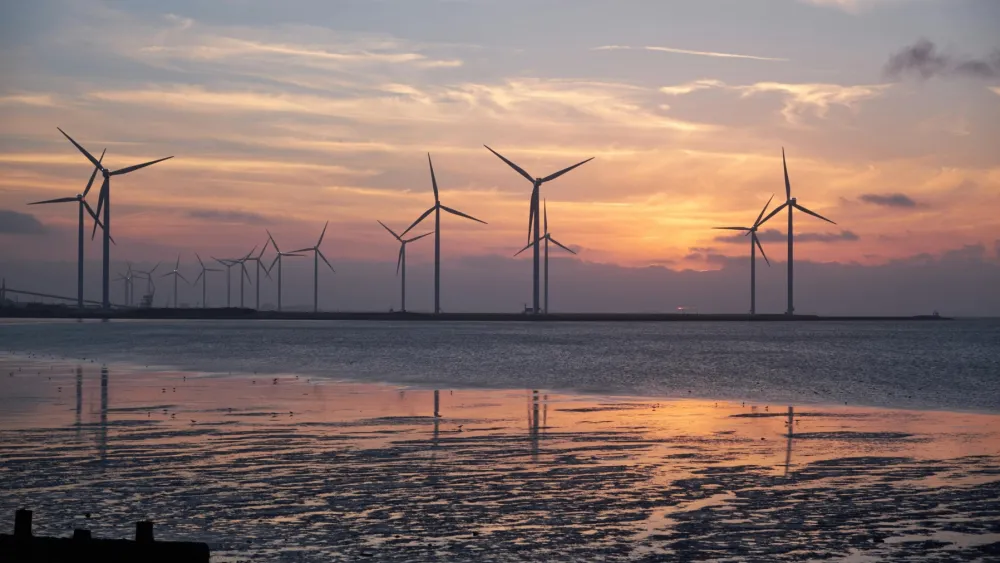
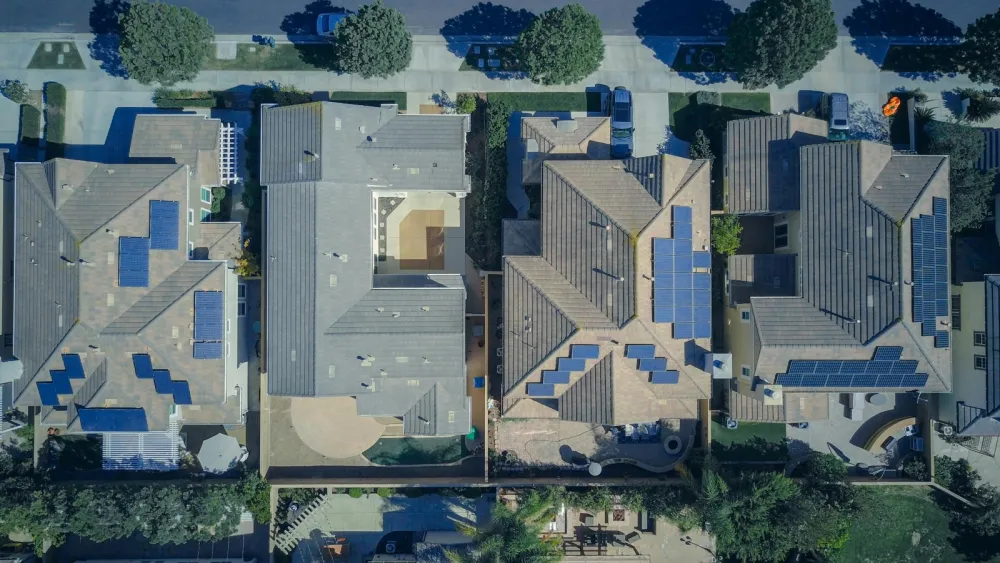
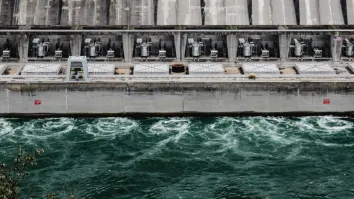
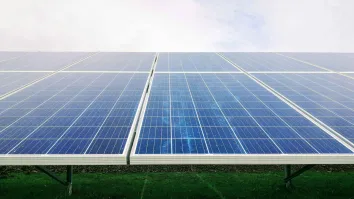
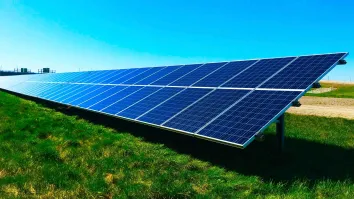














 Advertise
Advertise






